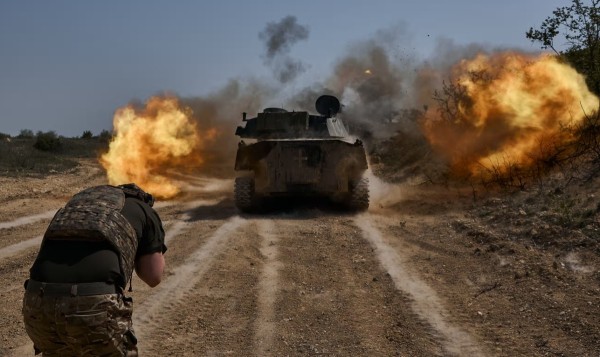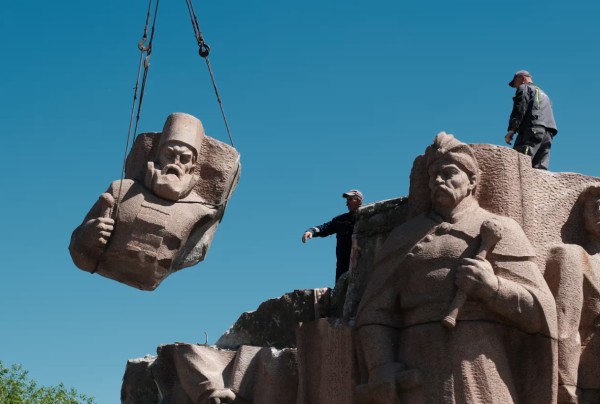Probably not. In the English language press alone 876 articles had appeared by April 29 three days after the relocation of the Soviet monument to a cemetery.
Since many of the articles were based on Associated Press and Reuters news coverage, the reportage was neutral in tone and generally factually correct. Many stated that Estonia had been occupied by the Soviets for 50 years and that the Estonians justifiably cannot consider the monument as symbolizing liberation of the country. Seemingly Moscow lost badly in the international media.
Some reactions: The U.K.’s The Independent supported the Estonian government and Europe shouldn’t sit casually on the sidelines observing Russian behaviour. Estonia’s worries should be shared by all Europeans. Moscow is unbelievably hypocritical, considering how they just recently treated protesters in St. Petersburg and Moscow.
Wall Street Journal: Moscow has for years accused Estonia and Latvia in violating the rights of ethnic Russians. These countries justifiably demand that Russians applying for citizenship learn a few words of the local language. The monument provided a pretext for a new offensive.
The New York Times similarly held a pro-Estonian position. The antithesis of a fascist leaning newspaper, the N.Y. Times supported a country against whom the fascist label has been used by Moscow for years.
Svenska Dagbladet: Moscow’s threat to sever diplomatic relations with Estonia is an overreaction. The Soviet occupation is like an open wound and it’s understandable that a Red Army statue in the centre of town generates genuine antipathy.
Dagens Nyheter: Recently Russia has been targetting neighbouring countries, sometimes with such intensity that it proves to be unproductive.
International political reaction? Javier Solana, the European Union’s foreign affairs chief and Secretary General of the Council of Europe told Moscow not to interfere in the internal affairs of Estonia. Politicians in Latvia, Lithuania, Poland, Finland, and Ukraine and in many other countries reacted similarly.
One of the more succinct and unequivocal statements was made by Britain’s Christopher Beazley, Chairman of the European Parliament’s Baltic-Europe Intergroup: “EU governments collectively should make it very clear to President Putin, that conscious of the very serious historical sensitivities, they stand in full support of their European colleagues and will not accept the threats and bullying which are currently being expressed in Moscow. Economic or diplomatic actions against Estonia, should be taken as acts against the whole of the EU and would severely damage EU-Russia relations.”
Amongst others in Estonia, the Azerbaijani community expressed the following: “The Estonian community, with their tolerance towards minority groups, has been a splendid example for others in economically advanced European states.”
Has Moscow gained international ground by championing the cause of the bronze soldier? (8)
Archived Articles | 04 May 2007 | EWR
Viimased kommentaarid
Kommentaarid on kirjutatud EWR lugejate poolt. Nende sisu ei pruugi ühtida EWR toimetuse seisukohtadega.
Every article has a limited lifespan and it is very difficult to keep everything upfront forever. All articles are still accessible from archives or under their own sections. As a general rule, articles will be removed from the front page after 7 days (EE being a weekly newspaper).
Why is Eesti Elu editing out articles that have overwhelmingly critical comments about the Canadian Government's blatant ignorance on this issue?
Very disturbing.
Very disturbing.
maxim is right about his choice of dates to implement upopular measures with the least scrutiny ... on dec 23, 1913, us president woodrow wilson signed into law the private federal reserve banking system whereby the monetary creation powers of the us was handed over to a cadre of private bankers, and the us economy is now permanently in the hands of the rothschild-warburg-rocckerfeller dominated banking cartel
Archived Articles
TRENDING




















